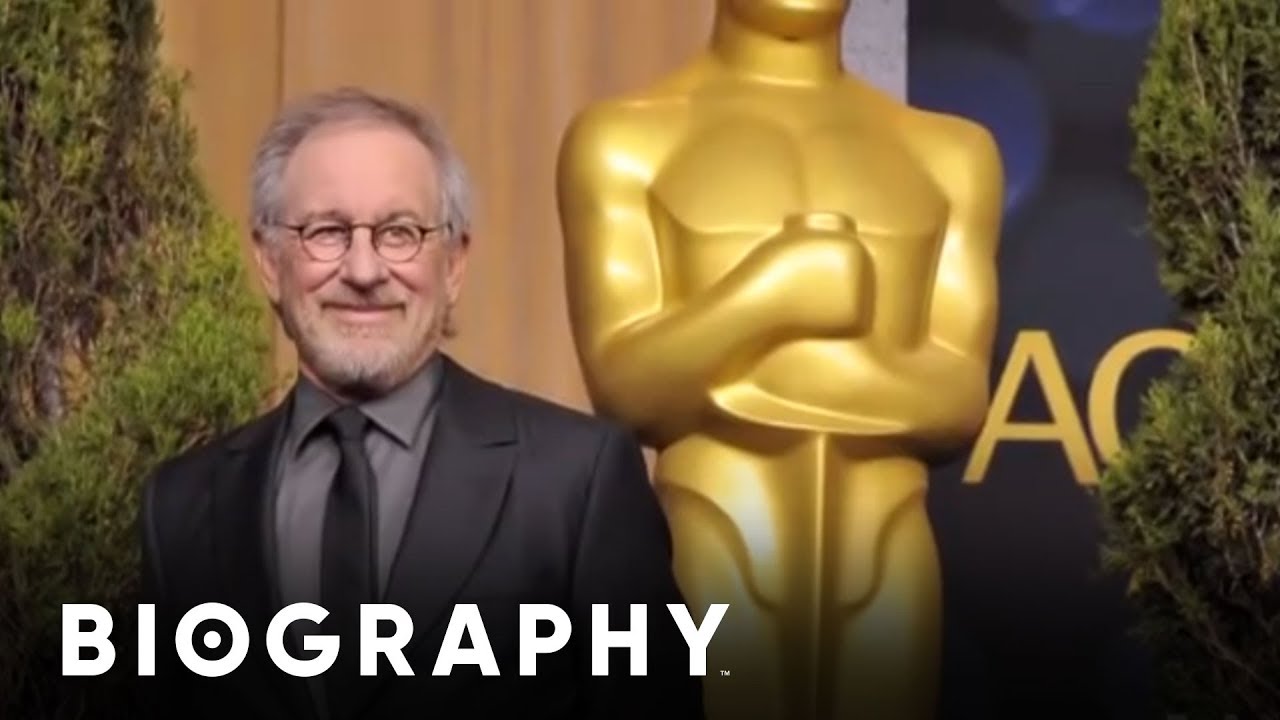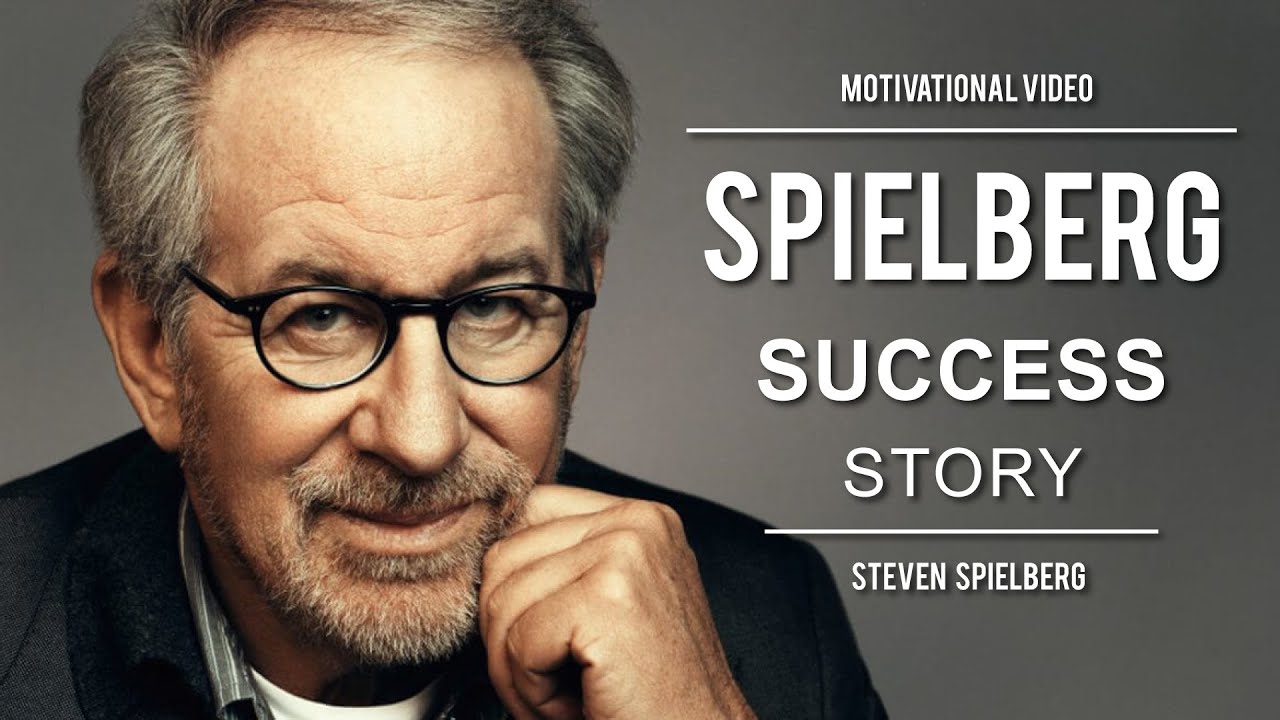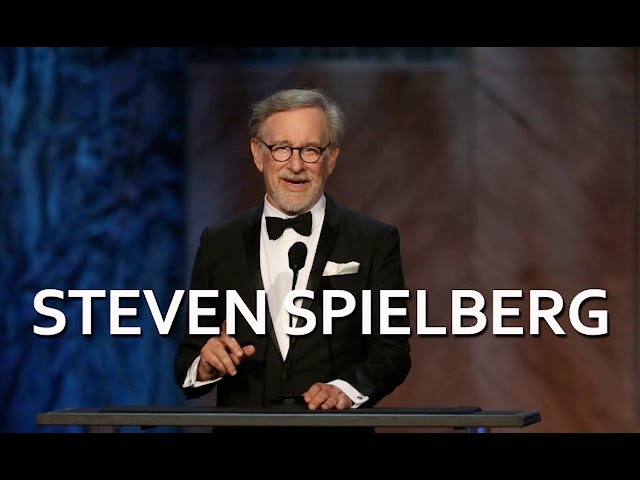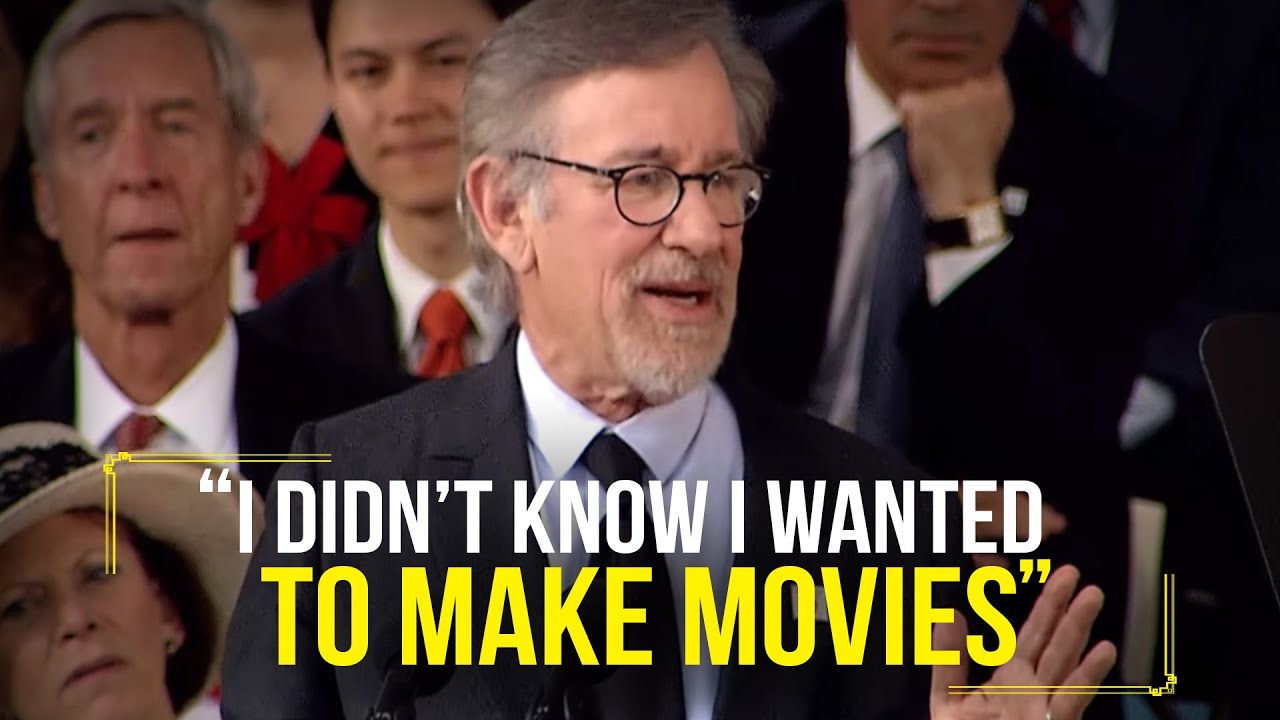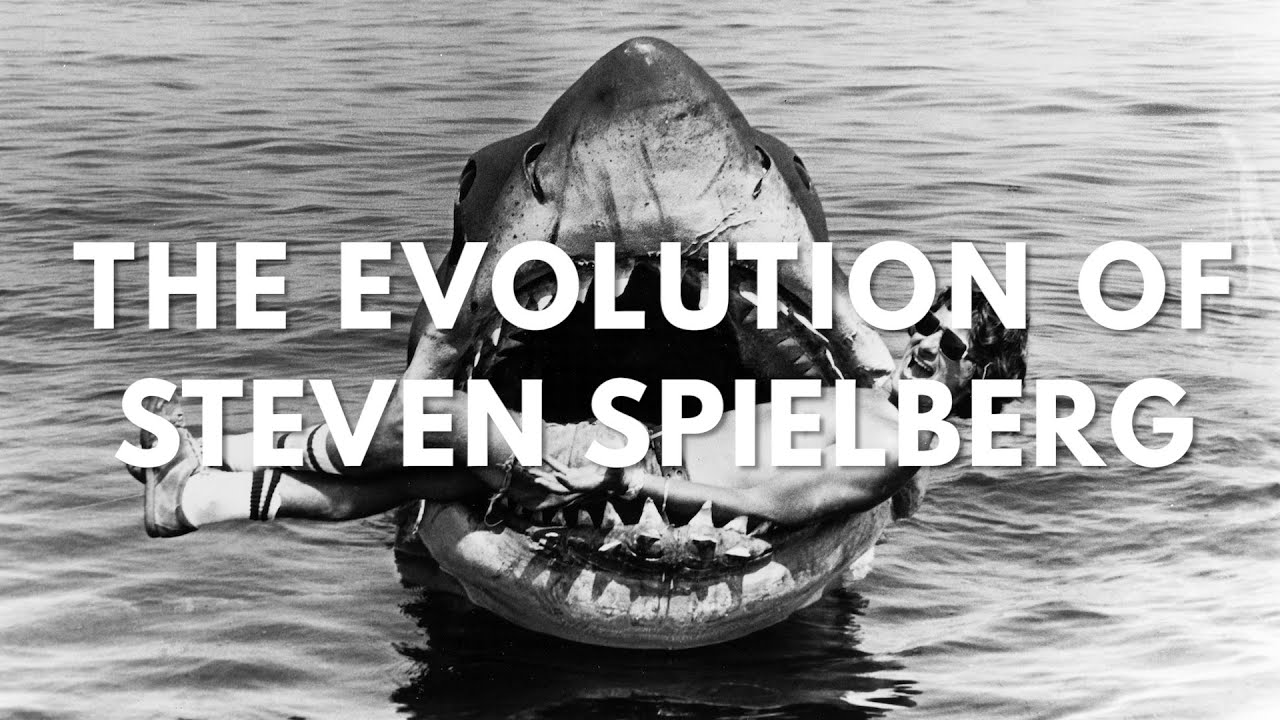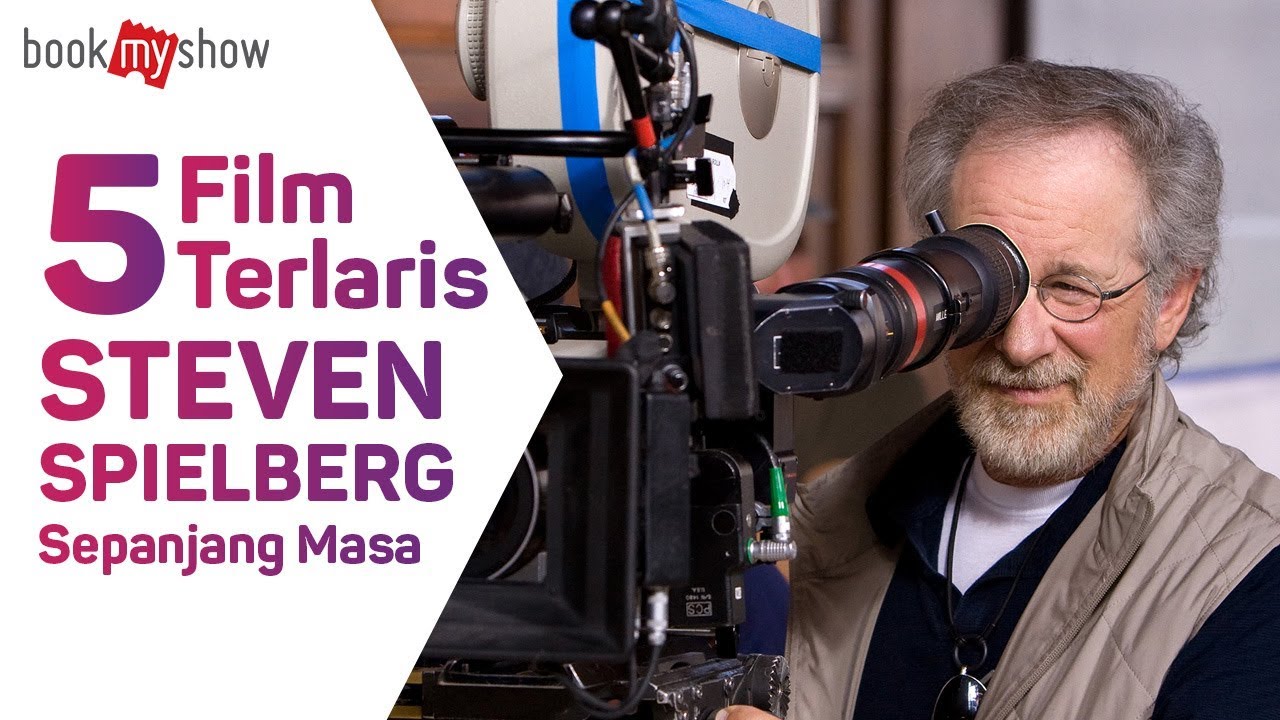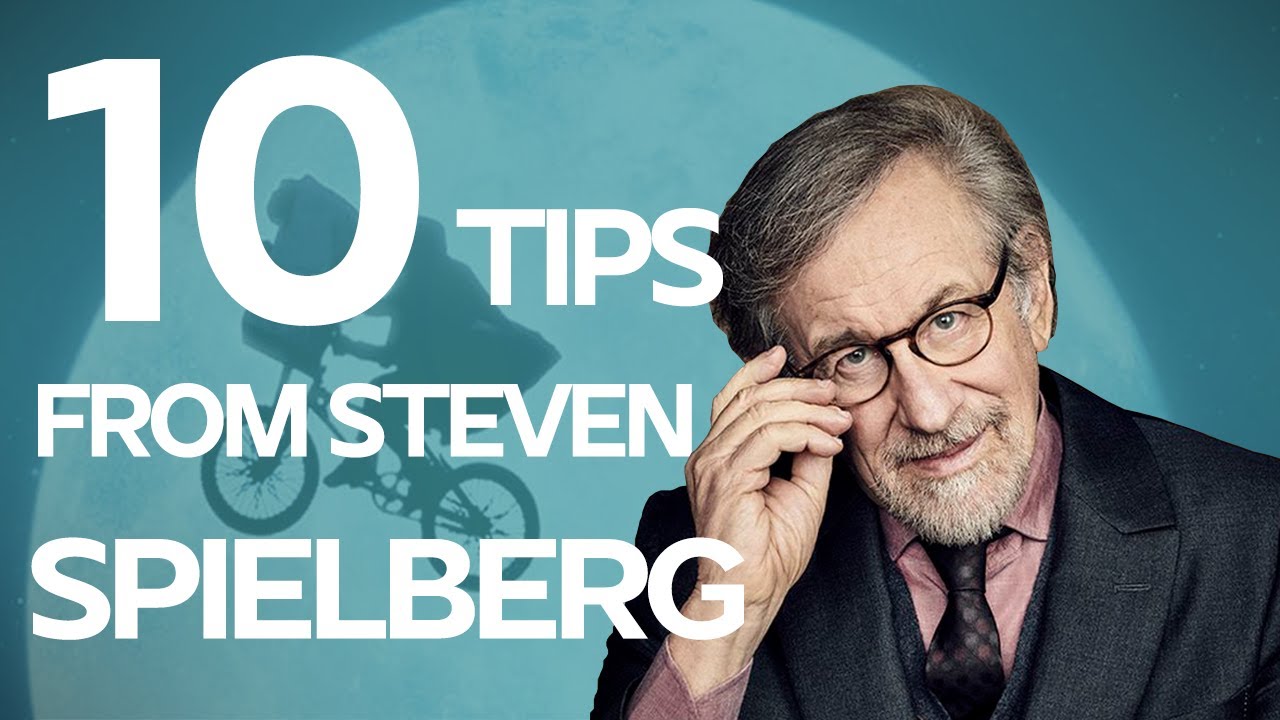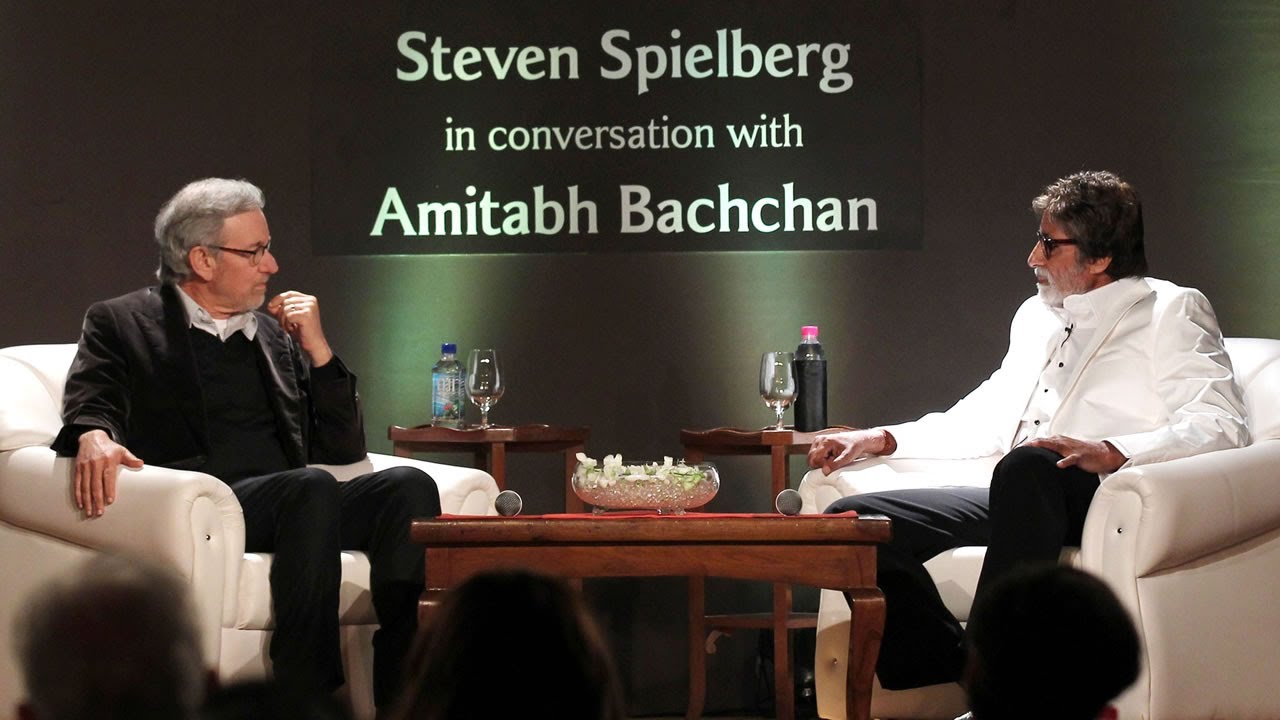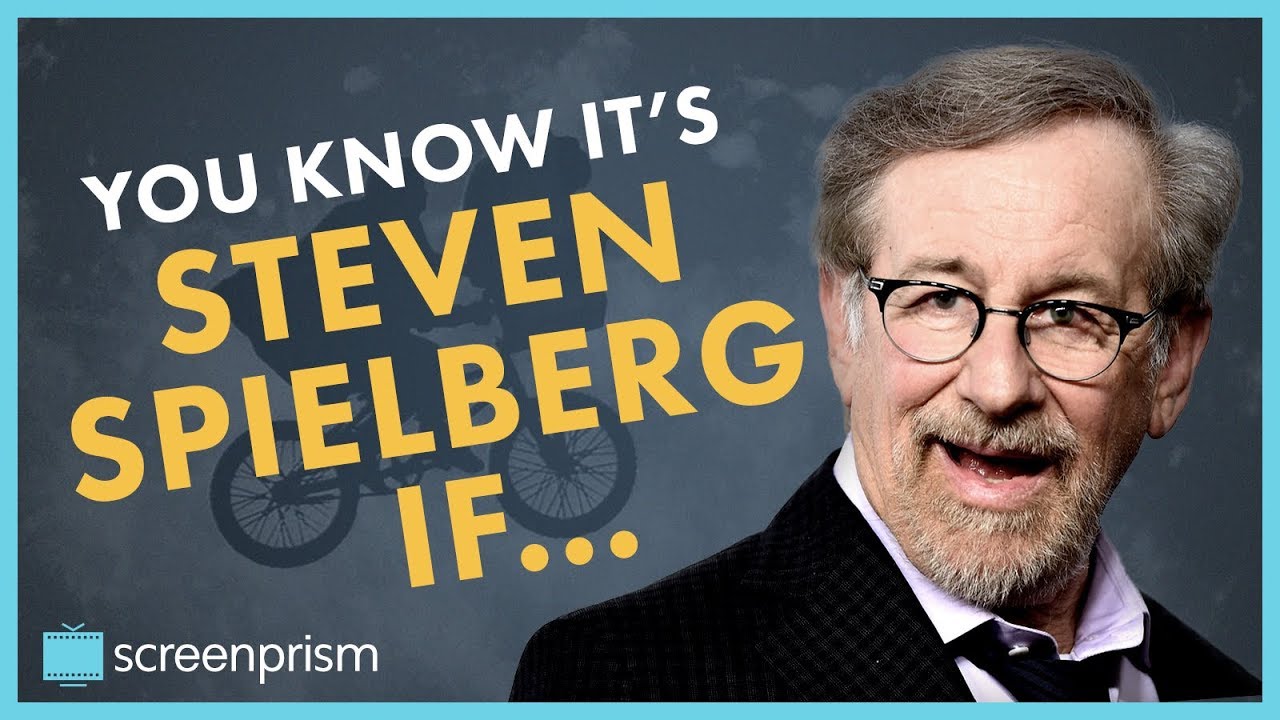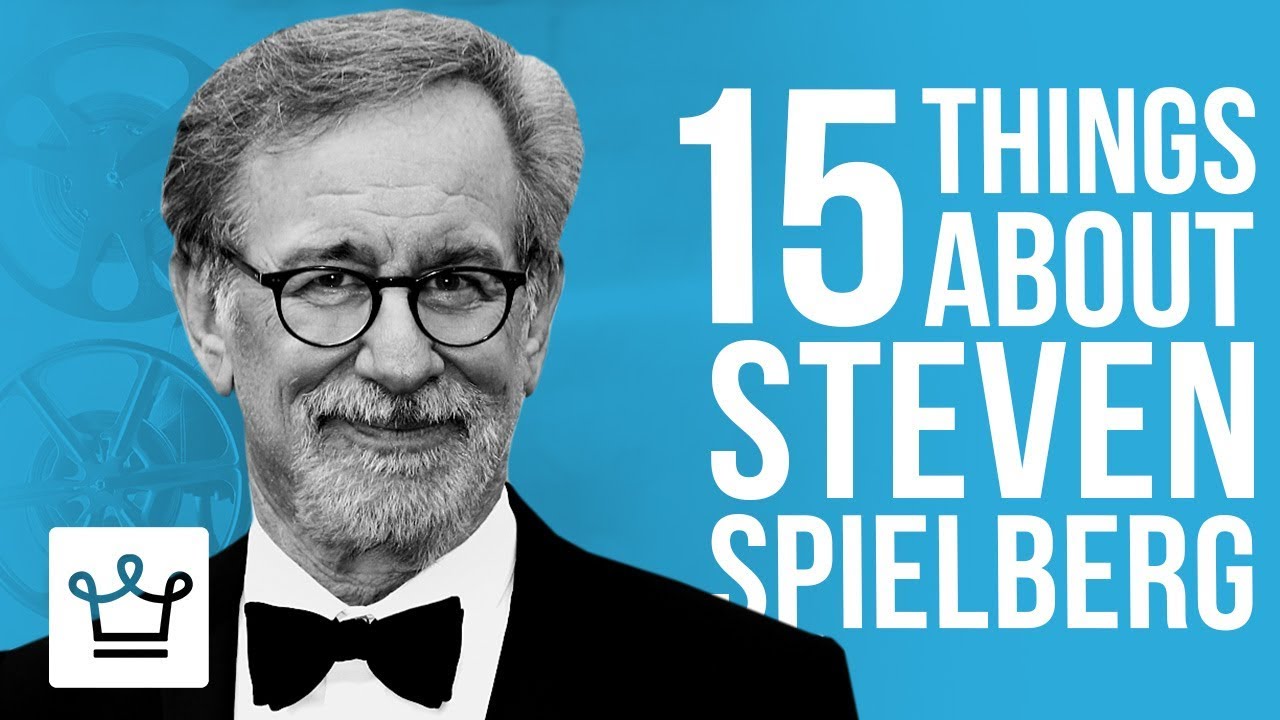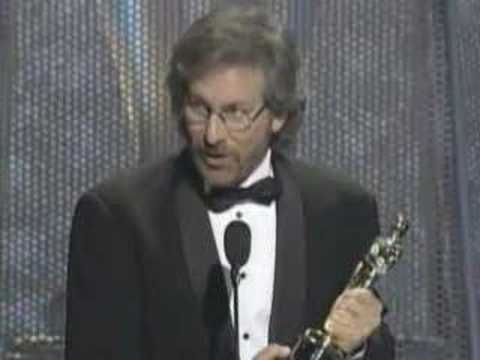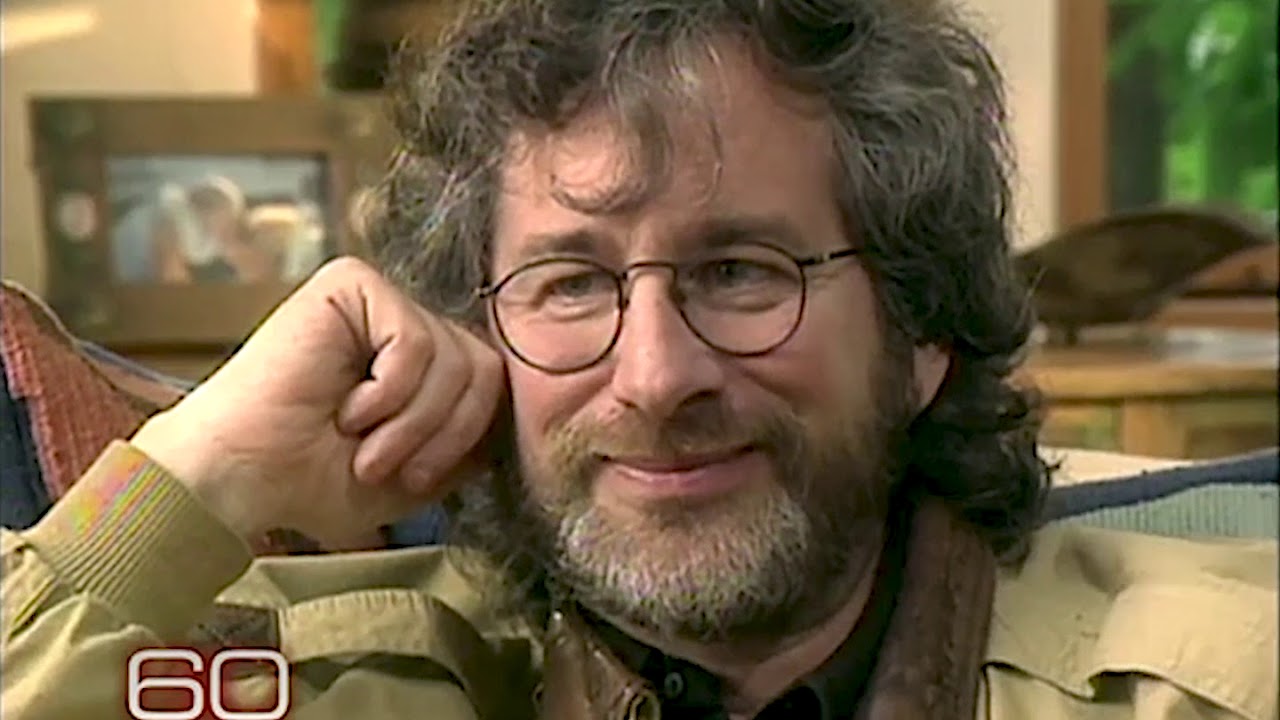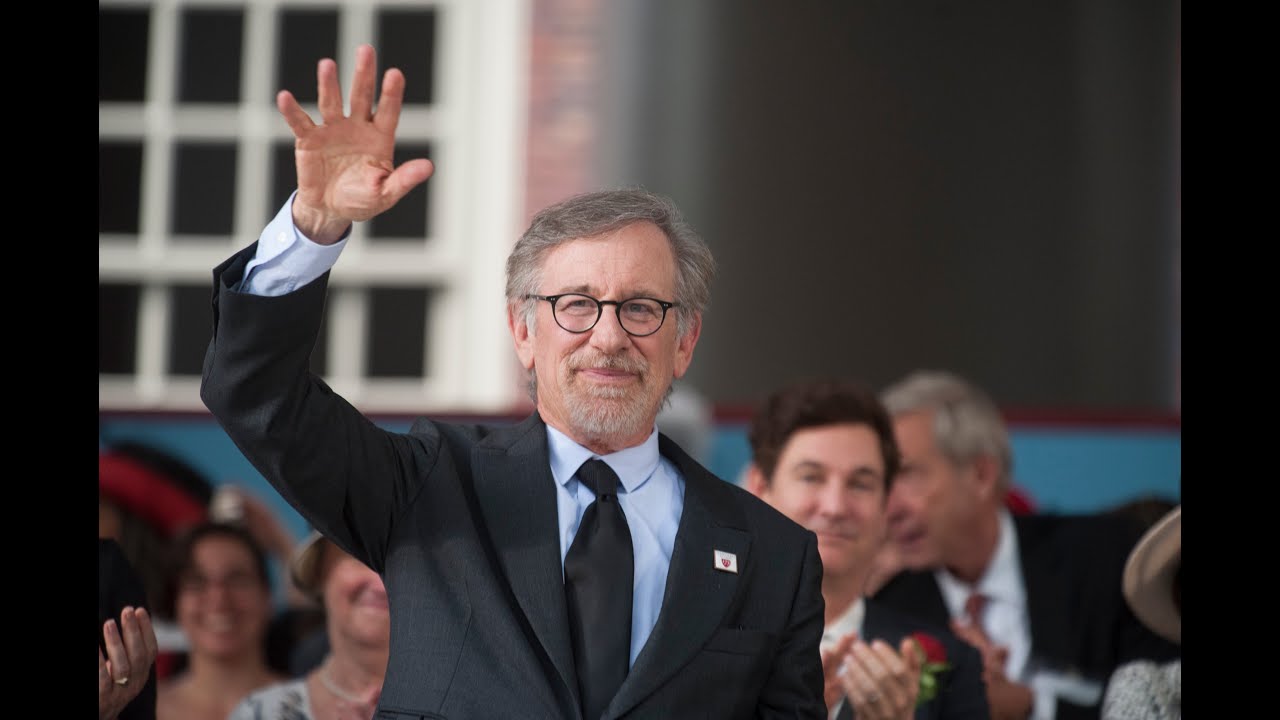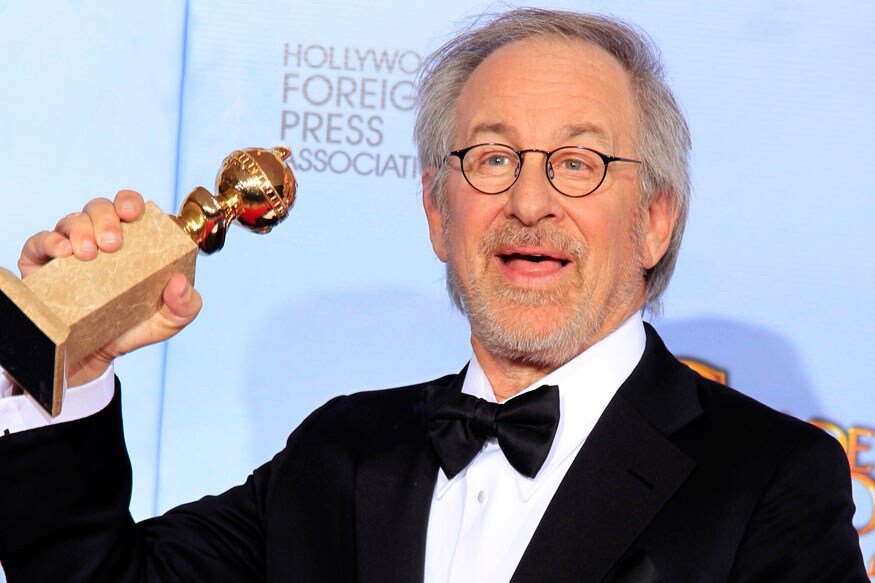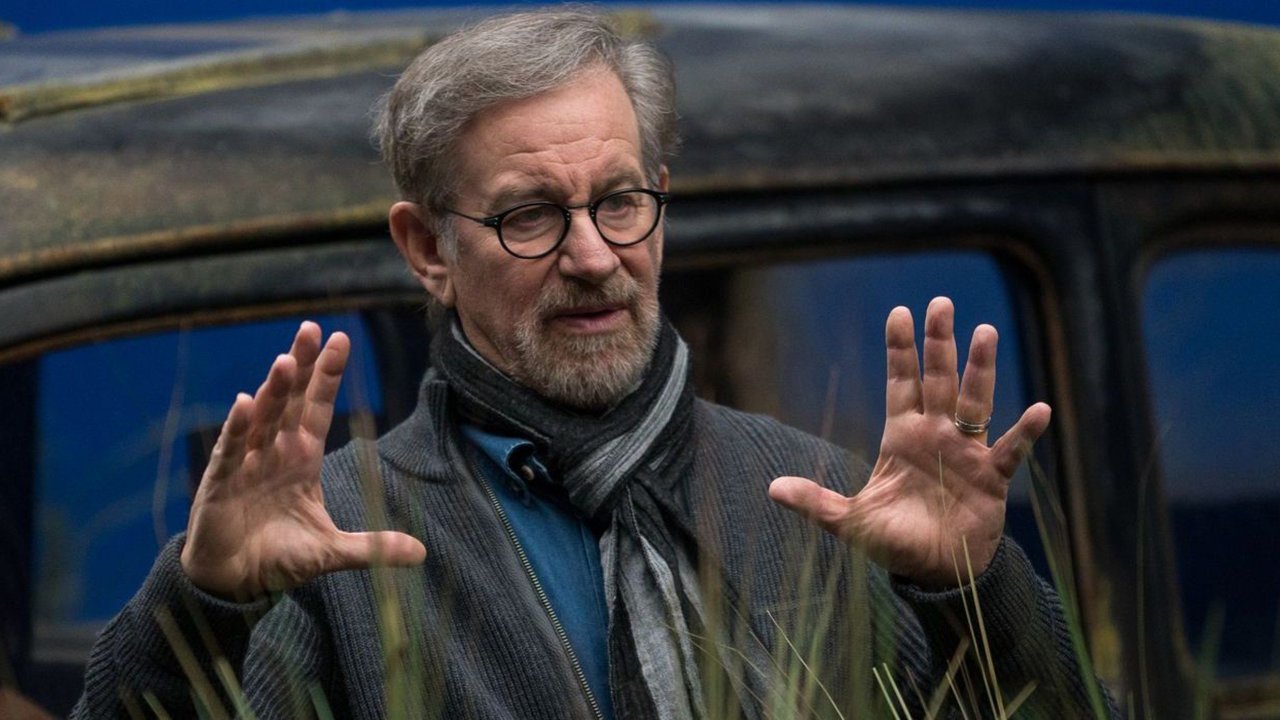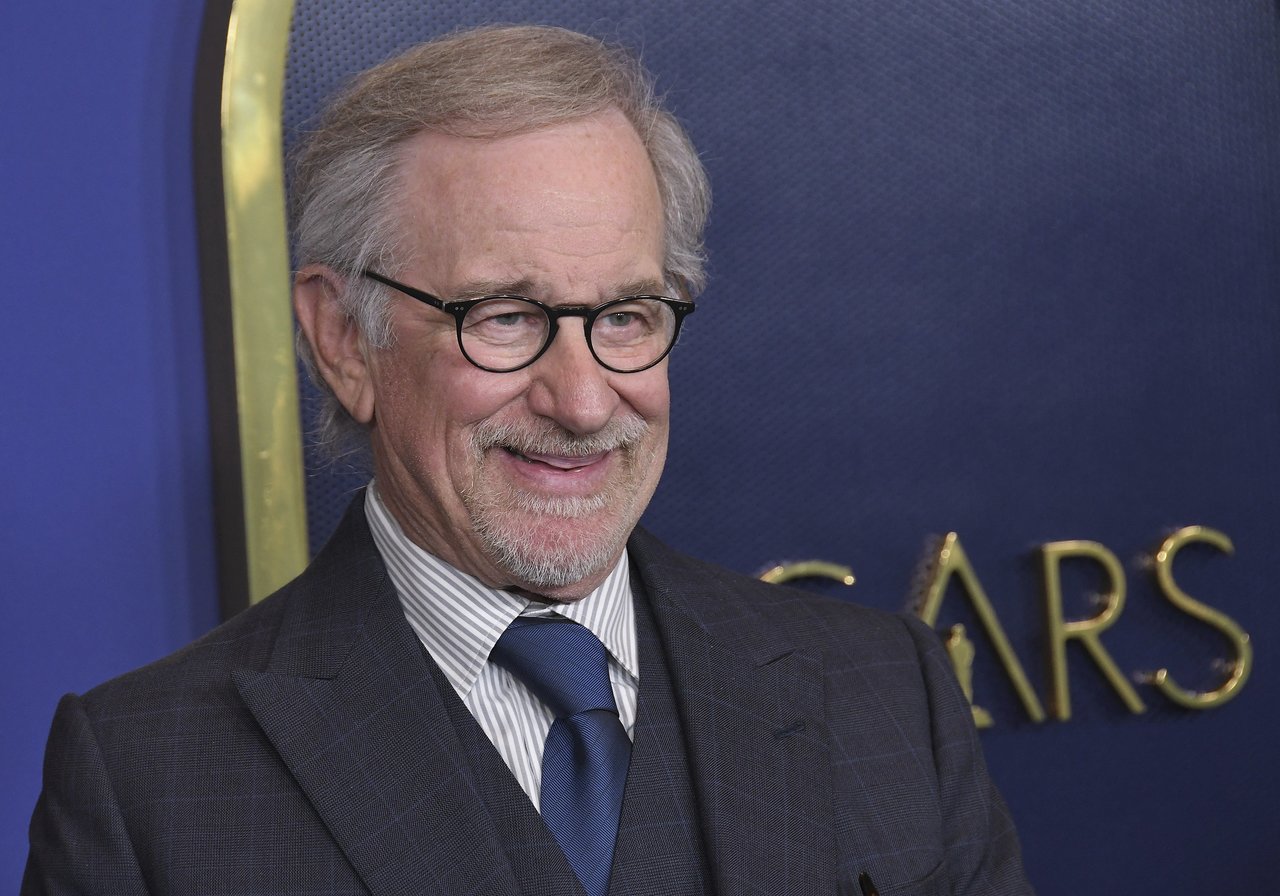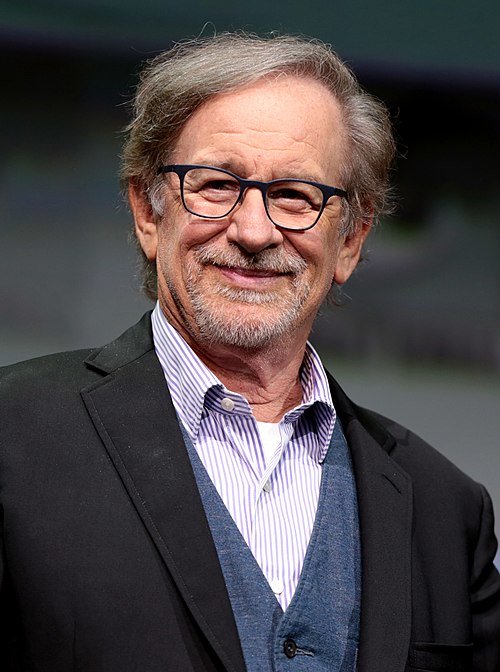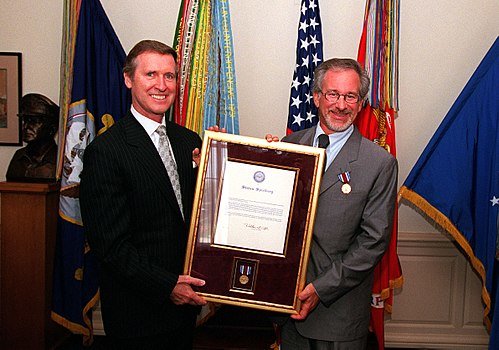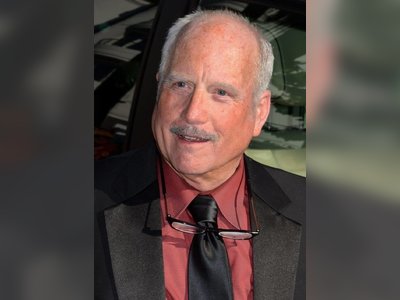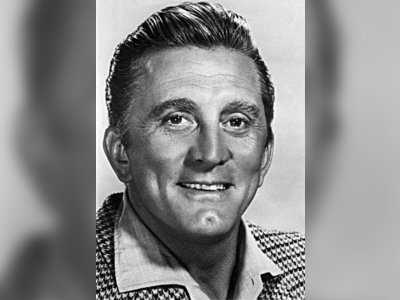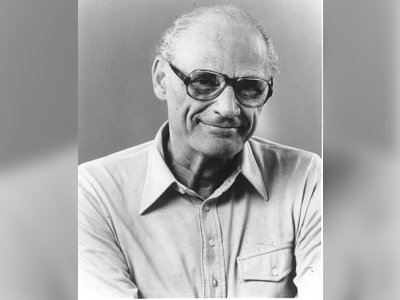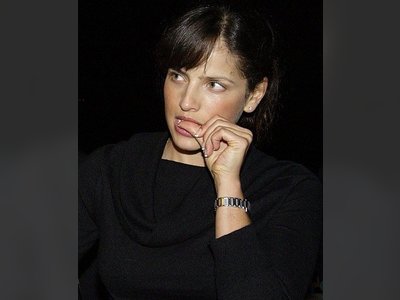Steven Spielberg: A Cinematic Journey
Steven Allan Spielberg, born on December 18, 1946, is a Jewish-American filmmaker, screenwriter, and television and film producer. He is a two-time Academy Award winner for Best Director and has also received two Golden Globe Awards.
Spielberg is widely regarded as one of the most successful and respected directors in the history of Hollywood. His filmography spans a wide range of genres, from blockbuster adventures featuring computer-generated dinosaurs ("Jurassic Park") to a three-hour black-and-white epic depicting the Holocaust ("Schindler's List").
In 2004, he was named the most influential personality in Hollywood by Premier magazine. He has won two Oscars for Best Director, for his work on "Schindler's List" and "Saving Private Ryan." His cinematic successes have also translated into significant financial gains, with Forbes estimating his net worth at around $3.6 billion as of September 2018.
Early Life and Beginnings
Steven Spielberg was born in Cincinnati, Ohio, to a Jewish family. His parents were Arnold Spielberg (1917-2020), an electrical engineer by profession, and Leah Adler (née Posner) (1920-2017), who owned a restaurant and was a pianist. Along with his well-known name, they gave him the Hebrew name "Shmuel."
Spielberg's passion for cinema began in his childhood as he enjoyed watching movies and even started making 8mm films with his friends when he was just a teenager (some of these films were later included as extras on the DVD release of "Saving Private Ryan"). In 1968, at the age of 21, he directed his first short film.
Spielberg began his career in television and directed several TV episodes and series, including some episodes of "Columbo" starring Peter Falk. In 1971, he directed his first full-length film, "Duel." Originally made for television, the film was not initially shown in theaters in the United States.
The film, running just 73 minutes, featured Dennis Weaver as an unsuspecting man who finds himself pursued by a mysterious and menacing tanker truck on a deserted highway. Even in this early work, Spielberg displayed some of his directorial qualities, and the film gained cult status over the years. Due to the positive reception, Spielberg was given the opportunity to shoot additional scenes, and the extended version of the film was screened in European cinemas in 1972.
Early Film Career
Following the success of "Duel," Spielberg ventured into the world of feature films. His first theatrical release was "The Sugarland Express," starring Goldie Hawn, based on a true story about an escaped prisoner and his wife who kidnaps their own son given up for adoption. The film received critical acclaim and allowed Spielberg to move on to his next project, "Jaws," a horror film based on Peter Benchley's novel.
Set in a small seaside resort town, it depicted the town's struggle against a giant great white shark. "Jaws" marked Spielberg's first major box office success, grossing over a hundred million dollars.
Even in these early films, one can discern elements that would become Spielberg's trademarks. These include the theme of confronting formidable forces in life and nature (the tanker truck in "Duel," the shark in "Jaws," the computer-generated dinosaurs in "Jurassic Park," and even God Himself in "Raiders of the Lost Ark"), the moral imperative that compels individuals to intervene beyond their comfort zone in acts of creation ("Jurassic Park," "Raiders of the Lost Ark," and even "Minority Report" in which an attempt to prevent crimes through thought-reading technology fails), and the portrayal of the hero as the quintessential "everyman" American (battling external threats like the shark, aliens, Nazis, or dinosaurs, none of which are American or anti-American). These themes, along with the extensive use of special effects, became hallmarks of Spielberg's work.
These elements were further refined in his next film, "Close Encounters of the Third Kind," where the all-American hero Roy Neary encounters aliens and contends with a government agency trying to prevent him from meeting them. The film was a commercial and critical success, establishing Spielberg as a leading director in Hollywood in terms of popularity and profitability. "Raiders of the Lost Ark" (the first installment in the Indiana Jones series), "E.T. the Extra-Terrestrial," and "Jurassic Park" continued to dominate the box office in the 1980s and 1990s. These films epitomized Hollywood entertainment, characterized by fast-paced storytelling, impressive special effects, and broad appeal across age groups.
Spielberg's attempts to create more profound films began with "The Color Purple" and "Empire of the Sun," which targeted older audiences and dealt with challenging societal issues, such as the African-American experience.
Two of his most significant films in this regard are "Schindler's List," which tells the story of Oskar Schindler and depicts life in the ghetto and the Holocaust's horrors at the Plaszow labor camp, and "Saving Private Ryan," which opens with an impressive and lengthy portrayal of the Normandy invasion during World War II. Both of these films earned Spielberg the Academy Award for Best Director, with the first award coming after over 20 years of filmmaking and seven previous nominations for Best Director and five for Best Picture. However, these films also generated substantial controversy both cinematically and ethically.
In 2005, Spielberg directed "Munich," a film that explores the aftermath of the 1972 Munich Olympics massacre and the retaliation against the terrorists by Mossad agents. Originally titled "Vengeance," Spielberg changed it due to concerns from the production companies and his own fear of angering many people. He faced criticism in Israel for humanizing the terrorists in the film, but he argued that he wanted to raise moral dilemmas regarding responses to terrorism.
Periodically, Spielberg experienced periods in which his films did not achieve great success at the box office or received low ratings from film critics. Notable among these is the comedy-war film "1941."
Despite the setback of "1941," Spielberg went on to direct several blockbuster hits that solidified his position as a leading and respected director in Hollywood. "Raiders of the Lost Ark" (the first film in the Indiana Jones series), "E.T. - The Extra-Terrestrial," and "Jurassic Park" filled cinemas in the 1980s and 1990s. These films were quintessential Hollywood entertainment, featuring fast-paced narratives, impressive special effects, and broad audience appeal.
Spielberg's attempts to create more profound films began with "The Color Purple" and "Empire of the Sun," which targeted older audiences and tackled challenging social issues, such as the African-American experience.
Two of his most significant films in this regard are "Schindler's List," which tells the story of Oskar Schindler and depicts life in the ghetto and the Holocaust's horrors at the Plaszow labor camp, and "Saving Private Ryan," which opens with an impressive and lengthy portrayal of the Normandy invasion during World War II. Both of these films earned Spielberg the Academy Award for Best Director, with the first award coming after over 20 years of filmmaking and seven previous nominations for Best Director and five for Best Picture. However, these films also generated substantial controversy both cinematically and ethically.
In 2005, Spielberg directed "Munich," a film that explores the aftermath of the 1972 Munich Olympics massacre and the retaliation against the terrorists by Mossad agents. Originally titled "Vengeance," Spielberg changed it due to concerns from the production companies and his own fear of angering many people. He faced criticism in Israel for humanizing the terrorists in the film, but he argued that he wanted to raise moral dilemmas regarding responses to terrorism.
Later Career and Impact
Throughout his career, Spielberg has continued to produce and direct a wide range of films, from historical dramas to science fiction adventures. Some of his notable later works include "War of the Worlds," "Lincoln," "Bridge of Spies," "The Post," and "Ready Player One."
Spielberg has also made a significant impact on the film industry beyond his individual works. He co-founded Amblin Entertainment and DreamWorks SKG, two major film production companies that have been responsible for numerous successful films. His influence on popular culture is immeasurable, as many of his films, characters, and iconic scenes have become ingrained in the collective consciousness of audiences worldwide.
Spielberg's commitment to storytelling and his ability to connect with audiences of all ages and backgrounds have made him a legendary figure in cinema. He has received numerous awards and honors throughout his career, including the Presidential Medal of Freedom and a star on the Hollywood Walk of Fame.
In addition to his filmmaking career, Spielberg has also been involved in philanthropic efforts and political causes. He has used his platform to address important social issues, such as the Holocaust and gun violence, through his films and advocacy work.
As of my last knowledge update in September 2021, Steven Spielberg continues to be an influential figure in the world of filmmaking, and his legacy in cinema remains secure. However, for the most current information about his career and projects, I recommend checking the latest news and sources.
- סטיבן ספילברגhe.wikipedia.org
